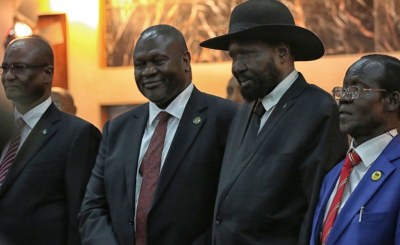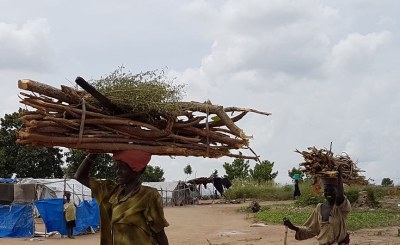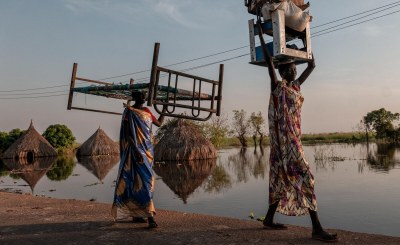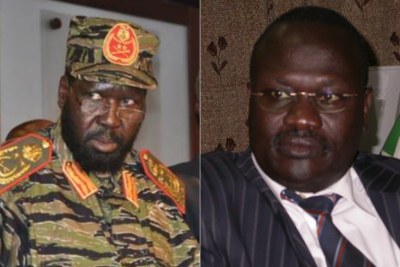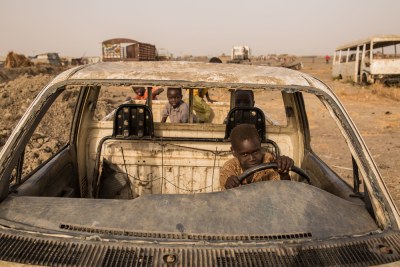-
South Sudan: What Cattle Conflicts Say About Identity in South Sudan
The Conversation Africa, 4 May 2022
In March 2022, violent clashes between farming communities and cattle herders broke out in Eastern Equatoria State, South Sudan. It was the latest incident in months of… Read more »
-
South Sudan: At Least 26 Killed in Communal Clashes, Road Attacks
Nation, 15 May 2021
Separate incidents of inter-communal clashes and road attacks in some parts of South Sudan have left at least 26 people dead, according to local reports. Read more »
-
South Sudan: Peace Hinges On Forging a Unified Military Force - But It's Proving Hard
The Conversation Africa, 26 April 2022
Implementation of the 2018 peace agreement in South Sudan lags significantly behind its mandated schedule. One of the reasons for this slow progress is establishing a unified… Read more »
-
South Sudan: United Nations Condemns 'Horrific' Surge of Violence
UN News, 25 April 2022
Additional peacekeepers have been deployed to Leer county, South Sudan, following a surge of violence, including rapes, gang rapes, beheadings, burning civilians alive, and attacks… Read more »
-
South Sudan: More Assistance Needed for Displaced People in Twic County, South Sudan
MSF, 26 April 2022
After fleeing their homes more than two months ago, tens of thousands of people are still left without basic necessities in Twic County, South Sudan. Despite repeated calls by… Read more »
What Cattle Conflicts Say About Identity in South Sudan
In March 2022, violent clashes between farming communities and cattle herders broke out in Eastern Equatoria State. It was the latest incident in months of cattle-related violence in the area, which is in the country's southern region.
The Equatoria region hosts South Sudan's capital, Juba. It is inhabited by more than 30 different ethnic groups, most of them farmers. It was the birthplace of the southern rebellion against Sudan's Khartoum. Economically, it is the strongest region of the country, with immense agricultural potential.
As a result, Equatorian elites have used cross-border cattle-related violence to call for a hardening of internal boundaries. It has also been used to challenge centralised power.
The defence of Equatorian farmers represents a much-needed unifying cause for a grouping divided by internal disagreements on whether to cooperate with the government or not.
The Equatorian political identity draws on existing fault lines of culture and historical memory. If the feeling of marginalisation persists, however, a strong movement could establish a community with separatist aspirations. This could endanger efforts to stabilise the world's youngest nation.
InFocus
-
Four years after the signing of a peace agreement to end the conflict in South Sudan, numerous blockages and weeks of tension raised fears of a Read more »
-
The U.S., UK and Norway - known as the Troika - have condemned the South Sudan People's Defense Force (SSPDF) for attacking SPLA-In Opposition military bases in parts of the Upper ... Read more »

A sketch map of Eastern Equatoria state in South Sudan, showing the border with Kenya and Uganda.


